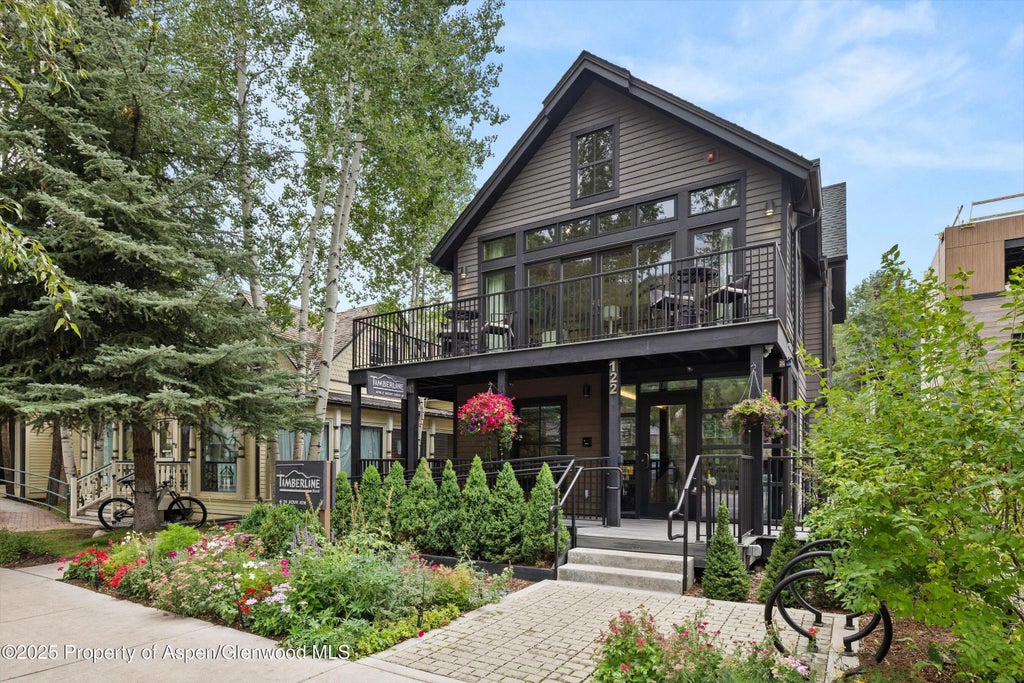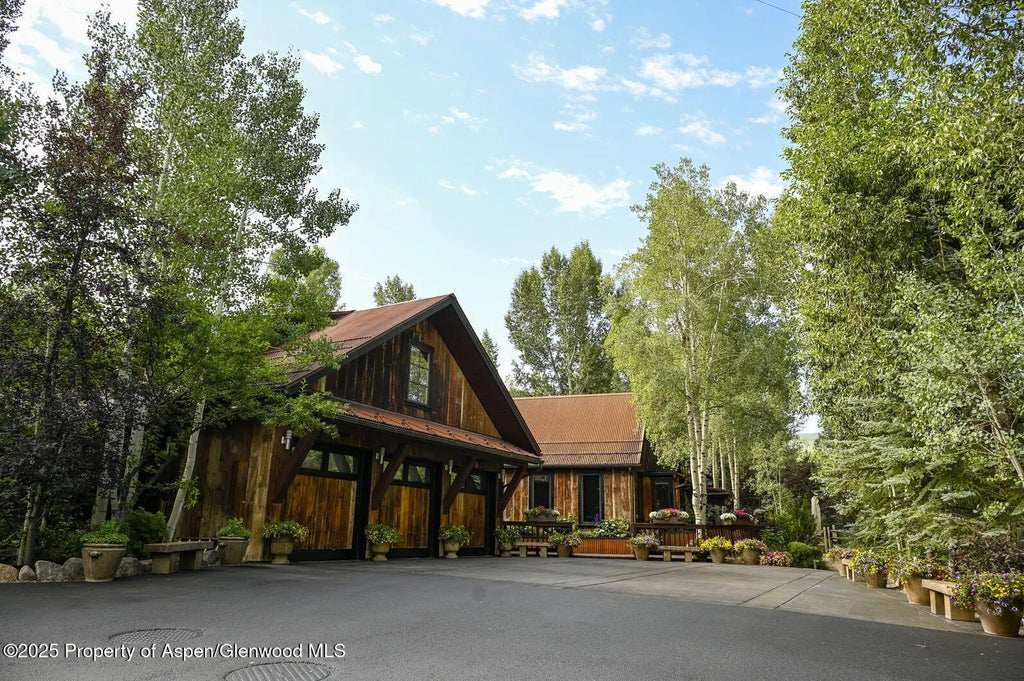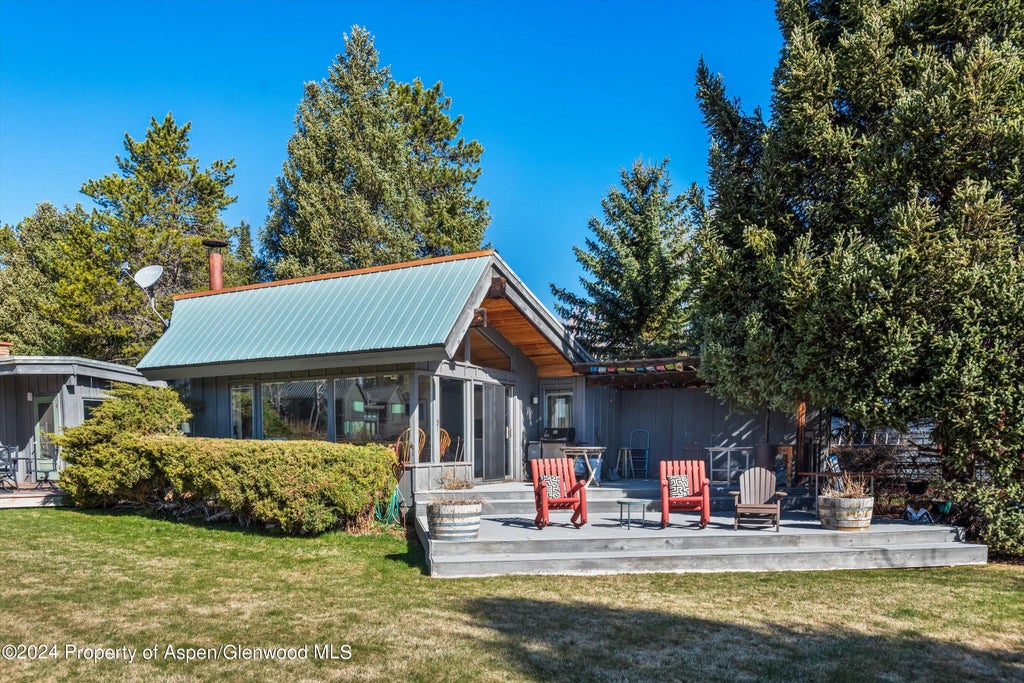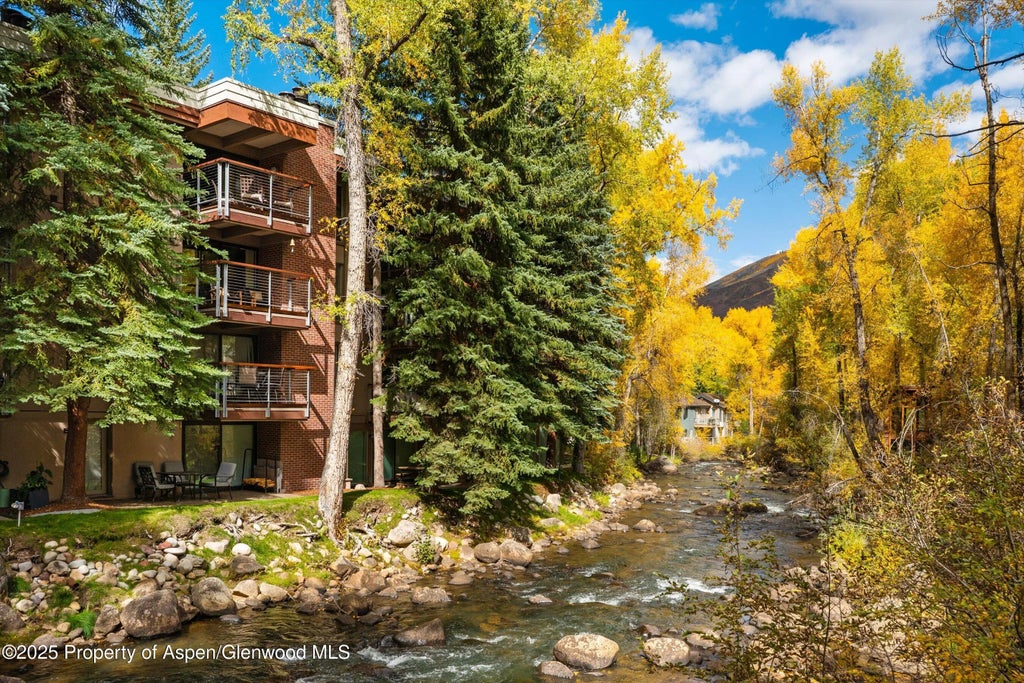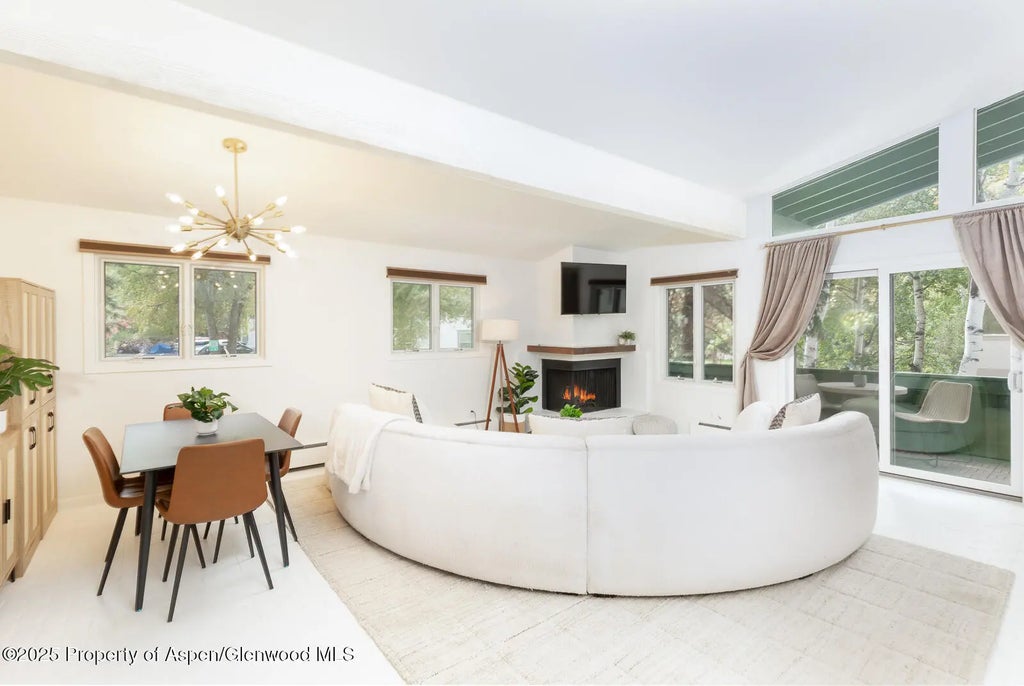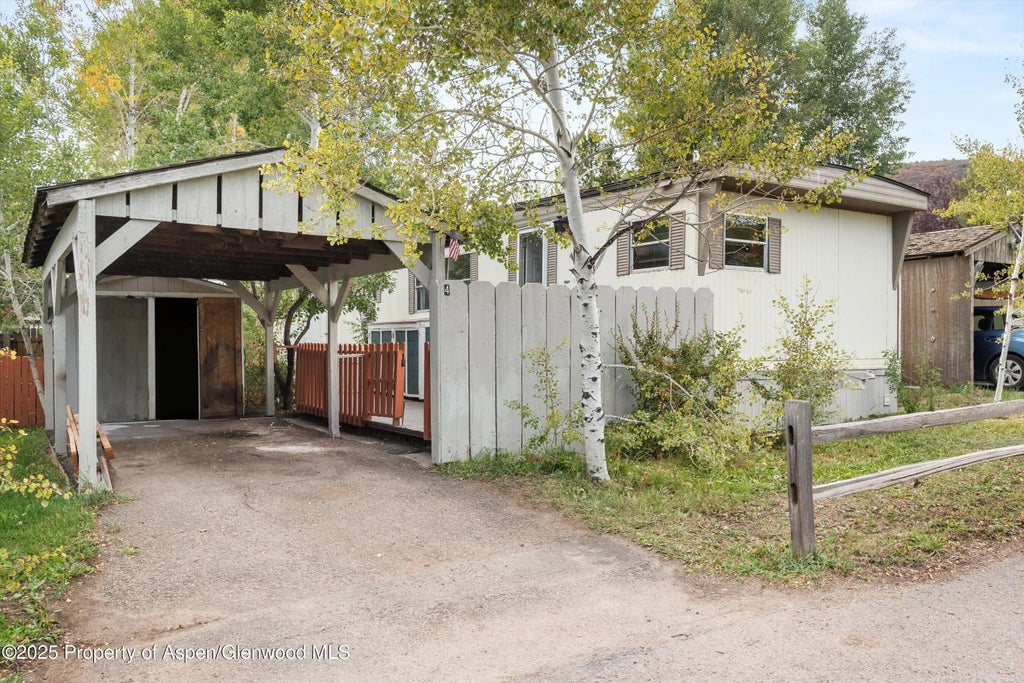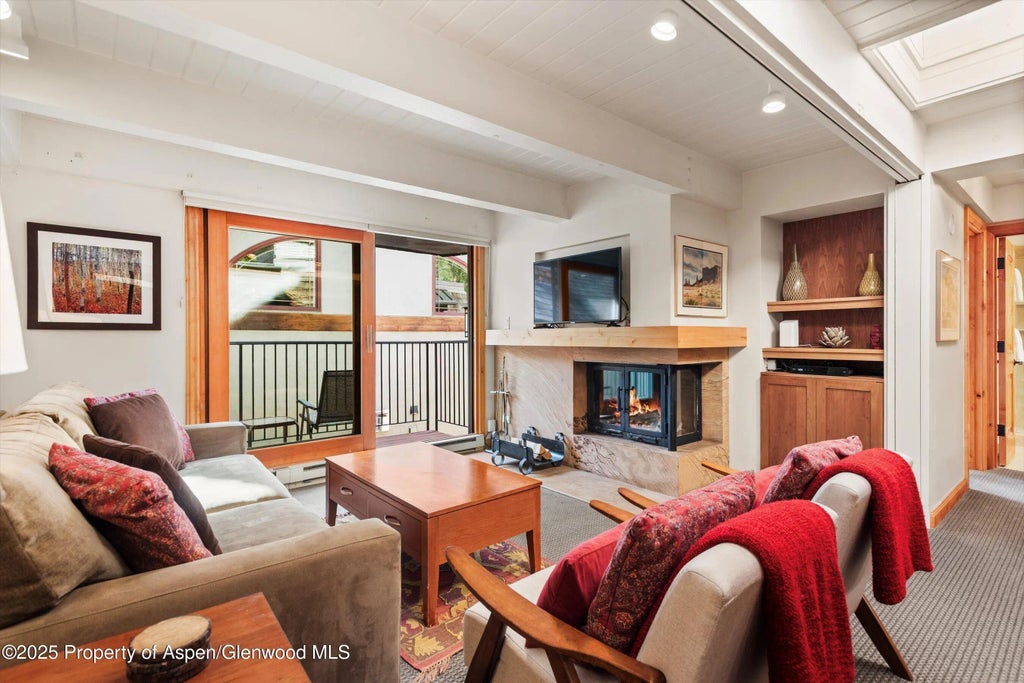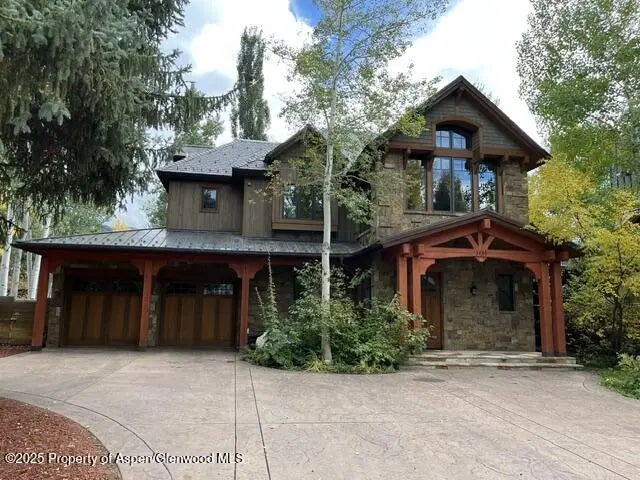Reasons to Invest in a Vacation Home & Controlling Expenses
High-value vacation homes in Aspen's luxury communities offer a rare convergence of personal utility and long-term financial resilience. These properties aren’t just acquisitions—they’re lifestyle instruments that align with evolving priorities such as mobility, passive income, and generational wealth transfer. For investors seeking a multidimensional asset that performs across life stages and market cycles, a second home in a premier location provides a compelling proposition.
Table of Contents:
- Lifestyle Utility Beyond the Season
- Performance as an Income Asset
- Portfolio Diversification and Equity Potential
- Tax Efficiency and Strategic Ownership
- Tips on Controlling Costs and Maintenance
- Consider Season-Based Service Contracts
- Plan for Capital Improvements
Lifestyle Utility Beyond the Season
Owning a second home in a mountain region like Aspen allows for tailored access to a four-season lifestyle—skiing in winter, fly-fishing in spring, hiking and biking in summer, and golden foliage in fall. These homes often serve as intentional spaces for creative output, long-term stays, or rotational living between primary residences. Increasingly, buyers equip their properties for extended use with wellness-focused architecture, high-efficiency systems, and flexible interiors that transition between solitude and hosting.
Versatility defines their value. Some owners design their space to accommodate multi-generational gatherings, while others program their stays around local events and cultural activations. In resort towns that blend outdoor adventure with dining, music, and art, the second home becomes a personal extension of one’s calendar—customized not only for relaxation but for curated experience.

Performance as an Income Asset
Top-tier Aspen vacation properties generate rental revenue that reflects more than location—it reflects the quality of the guest experience. Homes with thoughtful amenities, seamless check-in systems, and strong proximity to infrastructure consistently attract repeat guests. Properties that offer concierge-style services or align with branded residences often outperform market averages due to their established hospitality standards and global visibility.
An effective income strategy requires more than listing availability. Owners who tailor their offerings to specific travel cohorts—families during school breaks, remote workers during shoulder seasons, or couples during festival weekends—build occupancy consistency year-round. With a professional management firm or a hybrid self-management model, many owners maintain high occupancy while preserving peak weeks for personal use. To make it easy, below are some local Aspen property managers if you decide not to self-manage:
Aspen Luxury Vacation Rentals
- Phone: (970) 205-9960
- Email: info@aspenluxuryvacationrentals.com
- Address: 720 E Durant Ave E-7, Aspen, CO 81611
Aspen Vacation Rentals
- Phone: (970) 300-2000
- Email: info@aspenvacationrentals.com
- Address: 225 N Mill Street, Suite 203, Aspen, CO 81611
iTrip
- Phone: (888) 653-1025
- Email: aspensnowmass@itrip.net
- Address: 309 AABC, Suite K, Aspen, CO 81611
Frias Properties of Aspen and Snowmass
- Phone: (970) 920-2000
- Address: 730 E Durant Ave, Aspen, CO 81611
McCartney Property Management
- Phone: (970) 925-8717
- Address: 421 Aspen Airport Business Center, Suite G, Aspen, CO 81611
Alpine Property Management
- Phone: (970) 920-2000
Portfolio Diversification and Equity Potential
In regions with supply constraints and global demand, vacation homes serve as a stabilizing component of a diversified asset portfolio. These markets often decouple from national housing trends, influenced more by resort infrastructure, international buyer interest, and municipal investment in tourism. This insulation provides a hedge against volatility—particularly valuable for investors with exposure to equities, urban real estate, or currency-dependent holdings.
Over time, strategic acquisition in an emerging or underdeveloped micro-market—such as a neighborhood slated for lift expansion or hotel redevelopment—can yield notable appreciation. Unlike traditional investment properties, buyers in vacation zones often benefit from ancillary developments like new airports, improved transit, or resort brand expansion, all of which elevate property values and rental demand over the medium to long term.
Tax Efficiency and Strategic Ownership
Astute structuring of vacation home ownership unlocks distinct tax advantages while aligning with estate planning or asset protection goals. Owners who balance personal and rental use can often deduct a proportionate share of expenses—including interest, maintenance, and depreciation—when the property operates as an income-producing asset. Advanced planning may also include 1031 exchanges for future upgrades or shifts between markets.
Ownership entities such as LLCs or irrevocable trusts offer both flexibility and clarity—particularly for families managing multi-heir legacies or co-owned properties. These structures simplify succession, delineate usage rights, and protect from liability while maintaining operational integrity. With proper legal and tax guidance, a vacation home can be positioned as a tax-efficient, revenue-capable holding that supports both personal enjoyment and intergenerational strategy.

Tips on Controlling Costs and Maintenance
Effective ownership in a mountain resort market demands proactive cost management. With fluctuating seasonal demands, remote oversight, and environmental wear, a disciplined approach to maintenance is as much about asset preservation as it is about financial control. Owners who establish predictable systems for upkeep often avoid the disruptions and inflated costs that come with reactive repairs or last-minute service calls.
Consider Season-Based Service Contracts
Well-structured service agreements tailored to regional seasonality offer both operational efficiency and cost predictability. Rather than relying on ad hoc bookings, structured winter agreements can include guaranteed snow clearance within specific timeframes, priority during high-accumulation events, and bundled pricing for radiant heat system inspections or ice-melt control. Similarly, summer-focused contracts may include native plant trimming for fire mitigation, irrigation system calibration, and hardscape maintenance to prevent UV-related degradation.
Working with contractors who manage multiple properties in the same neighborhood often results in faster response times and more favorable terms. These professionals also tend to understand the nuances of topography, microclimates, and community standards—allowing them to anticipate rather than just react. Property owners should negotiate multi-year packages where possible, locking in rates and guaranteed coverage during peak demand periods.
Plan for Capital Improvements
Budgeting for capital projects requires more than tracking appliance age or roof warranties—it’s about coordinating improvement cycles with occupancy goals and permitting hurdles. In high-demand towns, construction calendars are often dictated by municipal freeze dates, noise ordinances, or tourism blackout periods. Owners looking to upgrade—whether by adding EV charging stations, replacing wood-burning fireplaces with gas inserts, or integrating high-efficiency boilers—should plan around these seasonal windows to avoid delays.

Rather than waiting for wear to force action, conduct a rolling five-year improvement plan based on inspections, energy audits, and guest feedback. This allows for smarter phasing of major systems—such as HVAC, windows, or water heating—while also spreading out capital outlay. Properties that undergo continuous, proactive upgrades tend to outperform in both rental desirability and resale velocity, especially when improvements align with evolving guest preferences and local code updates.

Monitor System Efficiency and Lifecycle Thresholds
Tracking performance metrics helps owners shift from reactive fixes to preventative strategy. Smart water meters, surge protection devices, and whole-home monitoring panels allow for real-time alerts, letting owners or managers address anomalies—such as circuit overloads or unexpected water pressure drops—before they escalate. These systems also create digital logs that simplify insurance claims or future diagnostics.
Rather than relying on general lifespan estimates, use a predictive schedule that accounts for climate-specific stressors. For example, deck sealants in alpine sun may break down after three seasons instead of five, while high-efficiency furnaces near Aspen’s ski areas may require more frequent filter changes due to fine particulate exposure. Aligning maintenance thresholds with local usage data—rather than national averages—ensures that both system performance and guest satisfaction remain consistent year-round.
Account for Terrain-Specific Wear and Build a Vendor Network
Variability in slope, wind exposure, and soil type can dramatically affect a home’s wear profile. Homes on Aspen’s elevated ridgelines might experience accelerated fascia degradation due to windblown debris, while creekside properties may require reinforced culvert systems to manage runoff during spring thaw. Understanding these site-specific variables allows owners to anticipate and mitigate risks that aren’t visible in an initial inspection.
Developing a local vendor network in Aspen isn't simply about convenience—it’s about continuity. Contractors familiar with Aspen’s complex permitting process, HOA expectations, and seasonal road closures deliver more consistent results and faster turnaround. Owners should prioritize working relationships with specialists who understand the nuances of high-altitude construction and who can provide customized service plans—particularly for properties that see turnover between guest stays or must maintain stringent brand standards. A vetted team becomes an extension of the property’s operational integrity, ensuring it functions at its highest standard year after year.
Conclusion
Investing in Aspen rental properties are more than a lifestyle choice—it’s a strategic move that blends enjoyment with long-term financial value. From generating income and enhancing portfolio diversity to creating a legacy asset, these properties offer unmatched versatility. The right second home can evolve with your needs, serving as a personal mountain retreat, a multigenerational gathering place, or a reliable source of passive income. In Aspen, the convergence of natural beauty and seasonal appeal transforms these homes into experiential assets that support both financial growth and personal enjoyment.
If you’re looking to buy an investment property in Aspen, consult Ryan Schwartz. Ryan has been a STR owner himself for many years and have the expert local knowledge you need to secure the right property in Aspen.
